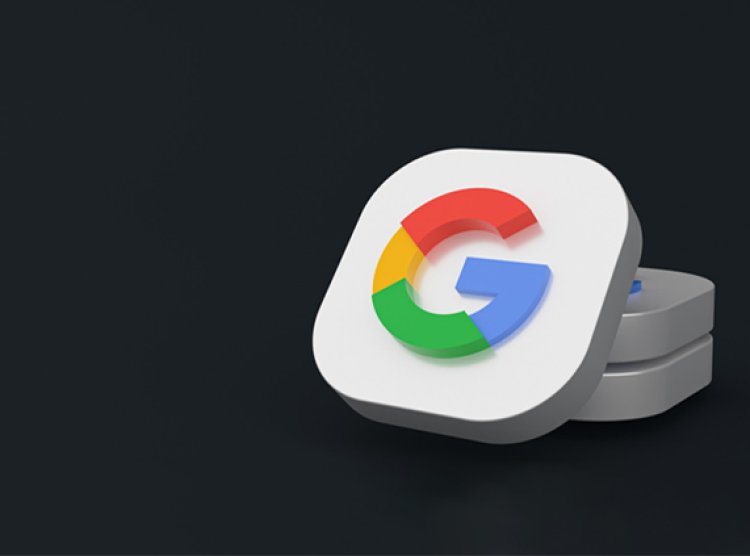Android phones in India may be released without Google apps pre-installed.

Days after the Supreme Court upheld the Competition Commission of India (CCI) order against Google India for allegedly abusing its dominant position and engaging in unfair trade practices, the search giant has revised its contentious policy of requiring Android phones to come pre-installed with Google-developed apps.
Android handsets in India may no longer include Google programs such as Chrome, G Pay, Gmail, and Maps. Instead, customers will be able to select their apps from the Playstore, which will be the sole program that comes pre-installed with Android.
OEMs (original equipment manufacturers) will be able to license specific Google apps for pre-installation on their devices.
These adjustments are in accordance with the recent CCI order and will effect how Android and Play operate in the country in the future. Google India has confirmed the news.
"In India, we take our obligation to comply with local laws and regulations very seriously. "The Competition Commission of India's (CCI) recent directions for Android and Play require us to make significant changes for India, and today we informed the CCI of how we will comply with their directives," the tech behemoth said in a statement.
Google has also stated that starting next month, user choice billing would be available for all apps and games. Developers can utilize user choice billing to give users the option of using an alternate charging system in addition to Google Play's billing system when purchasing in-app digital content.
"Indian consumers will now have the option to pick their default search engine via a choice screen that will soon start to show when a user starts up a new Android smartphone or tablet in India," Google said in a recent blog post.
We are revising the Android compatibility requirements to make it easier for partners to create non-compliant or forked variants."
Google has not provided a timetable for these adjustments.
Google was fined Rs 1,350 crore by the CCI in October 2022 for allegedly abusing its dominating position in Android. It had also instructed the tech firm to eliminate constraints on device makers, such as those relating to app pre-installation and ensuring the exclusivity of its search.
One of the directives provided by the regulator is the unbundling of the GMS suite of 11 Google apps. The new deal allows phone makers to license certain apps on a "a la carte" basis.
The business, on the other hand, claimed that Android has always permitted software installation from a variety of sources, including sideloading, which entails app downloads directly from a developer's website.
According to reports, Google has been forced to create an India-centric Mobile Application Distribution Agreement (iMADA) that would be shared with the company's handset partners in India. The conditions of this agreement underline the modifications that the CCI has required Google to implement in India.
Row of Penalties
Although Google India has changed its policy, it has yet to pay the CCI's penalty. As NCLAT refused to dismiss the CCI order, the IT giant approached the Supreme Court.
On January 20, the Supreme Court directed the NCLAT to rule on Google's challenge by March 31.
"We continue to respectfully appeal some aspects of the CCI's findings and will promote our core principles of openness, expanding user choice, giving transparency, and upholding safety and security that have benefited the interests of the greater ecosystem," Google stated previously.
Interestingly, Google is also establishing a 'Indian Placement Agreement,' which will pay companies to pre-install any of the 11 essential Google products and make them the default home screen. However, the payouts are not specified.

 Sumit Rawat
Sumit Rawat 










